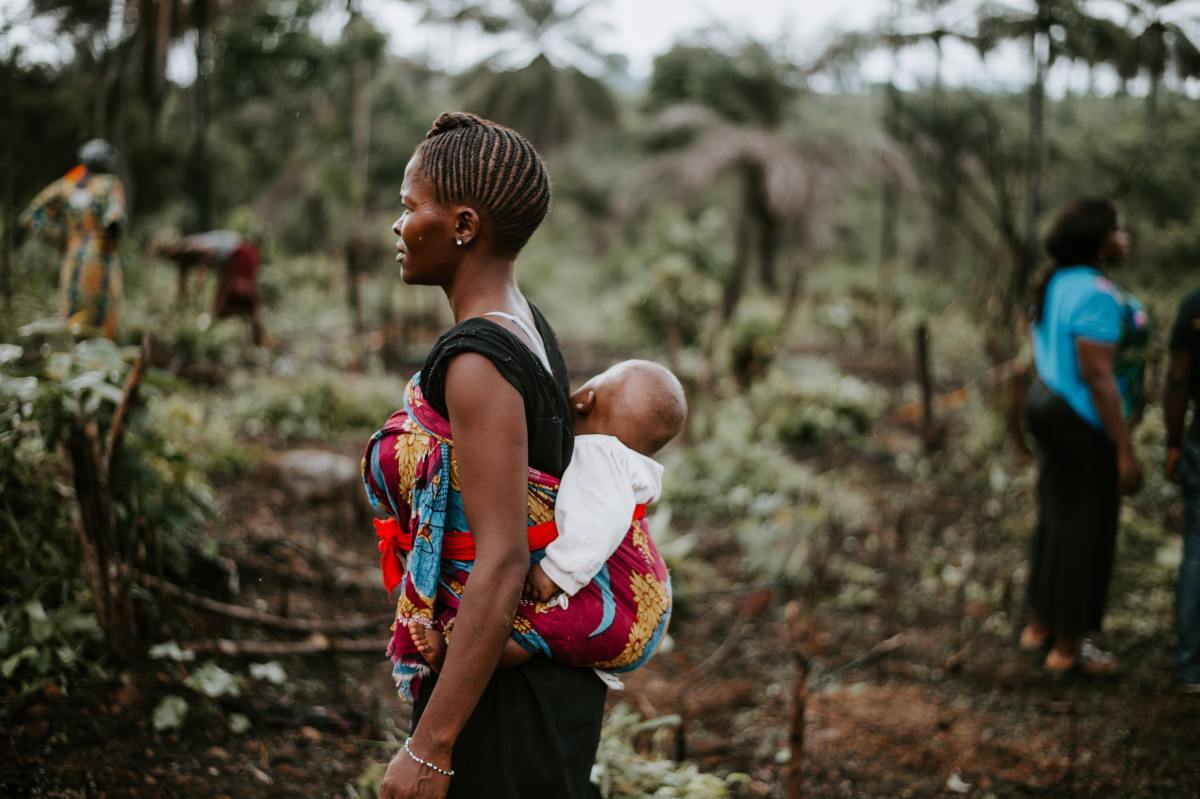Growing rights focus in due diligence for lenders
16.11.2022After more than a decade since the United Nations Guiding Principles on Business and Human Rights was ratified, the impact of mining and other industrial projects on human rights has become a centre-stage risk for financial institutions.
 The growing focus on human rights goes well beyond the operational realm into the project’s entire upstream and downstream supply chain
The growing focus on human rights goes well beyond the operational realm into the project’s entire upstream and downstream supply chain
© SRK / Annie Spratt
Beyond a general concern with how the private sector upholds human rights as part of its environmental, social and governance (ESG) commitment, the issue is increasingly pinpointed in due diligence studies and impact assessments. The studies we conduct often require a ‘deep dive’ into the question of human rights.
Many segments of society have become increasingly mobilised around human rights, labour practice, environmental compliance and anti-corruption measures. This has raised the potential for stakeholder concerns to boil over into the serious disruption and delays, and even collapse of projects.
It is little surprise, then, that lenders are today much more alive to a slew of human rights-related risks that project developers must carefully analyse and mitigate. A key aspect of identifying and addressing these risks is stakeholder engagement. This is seen, for instance, in the Global Industry Standards on Tailings Management (GISTM), which was fast-tracked in response to the catastrophic tailings dam failure in Brumadinho, Brazil in 2019.
The very first principle in the GISTM requires mining companies to respect the rights of project-affected people and meaningfully engage them at all phases of the tailing facility life cycle. Engagement with communities and other stakeholders – to really hear their voice – has become a vital element of respecting human rights.
Aspects like gender equality were gaining importance in the sustainability space. These concerns relate, for instance, to the reality of women often having less secure land rights. This makes them particularly vulnerable to land grabs, eviction and dispossession that are still associated with some large-scale developments in the extractives and agricultural sectors.
Any injustices in the treatment of project-affected people can raise warning flags about the project’s lack of sustainability – or at least certain strategic weaknesses. These are, of course, of great concern to everyone who wants the project to succeed, including funders – for whom there are considerable financial interests at stake.
A human rights focus is not new to environmental and social impact assessments (ESIAs).
In many ways, people’s rights have always been embedded in our work as ESIA practitioners. When looking at environmental impacts such as water quality, air emissions or noise pollution, we consider how these will impact people’s health and basic needs – essentially their rights.
Lenders will frequently require SRK to include an in-depth assessment of human rights impacts within a due diligence or other study or review. One of their growing concerns is the reputational risk related to borrowers’ non-compliance with key industry benchmarks like the UN’s Guiding Principles and the International Finance Corporation (IFC) performance standards.
Among the foundational principles of the UN’s Guiding Principles is that business enterprises should have in place policies and processes appropriate to their size and circumstances. These would include a policy commitment to meet their responsibility to respect human rights, and a human rights due diligence process to identify, prevent, mitigate and account for how they address their impacts on human rights. There should also be processes in place to enable the remediation of any adverse human rights impacts that a business causes or to which it contributes.
The growing focus on human rights goes well beyond the operational realm into the project’s entire upstream and downstream supply chain, said Dr Bester. In Europe, the RE-SOURCING initiative is already paving the way for a common understanding about responsible sourcing between mineral producers and their Europe-based customers.
This project, in which SRK is involved, arises from decades of global concern about issues like child labour, slavery and unethical behaviour in the mineral supply chain. RE-SOURCING strives to promote both strategic agenda setting and coherent application of practices for responsible sourcing.
This work links strongly to lenders in the mining sector, for example, as there are minerals like cobalt that are increasingly important to the future of battery and renewable technology. With concerns about human rights in the artisanal mining sectors of countries like the Democratic Republic of Congo – where much of the world’s cobalt is mined – lenders to mining projects need to be fully informed about how projects plan to deal with these issues.
By Vassie Maharaj and Dr Vidette Bester, SRK Consulting
